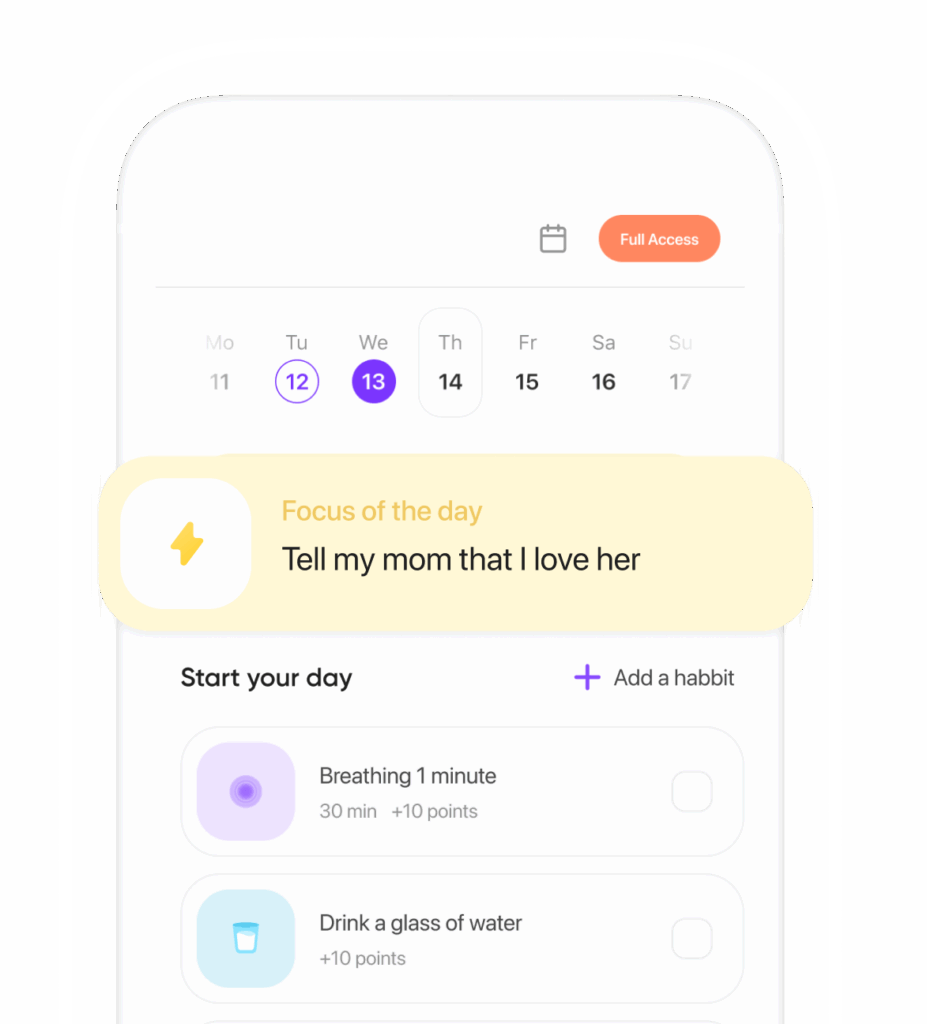Table of Contents
- Understanding Mental Health
- Common Mental Health Disorders
- The Importance of Mental Health Awareness
- How to Contribute to Mental Health Awareness
- Recognizing the Signs
- Seeking Professional Help
- Conclusion
Understanding Mental Health
What is mental health? It’s all about our emotional, psychological, and social well-being. Essentially, it affects how we think, feel, and act. Stress management, relating to others, making decisions—mental health plays a part in all of these. Did you know that, per the World Health Organization, depression stands as a leading cause of disability worldwide? Over 264 million grapple with it globally.
Common Mental Health Disorders
- Anxiety Disorders: Ranging from generalized anxiety to panic attacks and phobias, these disorders touch roughly 18.1% of U.S. adults each year. Women, unfortunately, seem more susceptible.
- Depression: Persistent sadness, lack of interest…depression disrupts daily life. In the U.S. alone, around 8.4% of adults battled at least one major depressive episode back in 2020.
- Bipolar Disorder: Mood swings—emotional highs and lows—characterize this disorder. About 2.8% of U.S. adults encountered bipolar disorder in the past year.
- Obsessive-Compulsive Disorder (OCD): Picture unwanted thoughts (obsessions) leading to recurring behaviors (compulsions); this disorder affects 1.2% of the U.S. population.
The Importance of Mental Health Awareness
Why does awareness matter? Let’s break it down.
Reducing Stigma
Stigma—a massive barrier stopping individuals from seeking the help they need. The American Psychological Association, in a 2021 survey, found that 87% of participants support treating mental health as urgently as physical health. When mental health is commonly discussed, it becomes easier to ask for support, doesn’t it?
Encouraging Early Intervention
Early intervention: critical to improving outcomes. As per NAMI (National Alliance on Mental Illness), addressing issues early reduces symptom severity, boosting recovery chances. Education through awareness campaigns can prompt people to seek help sooner. A win-win.
Promoting Inclusivity and Support
Can we foster spaces where mental health matters? Absolutely. Workplaces, schools, and communities thrive on empathy and support—vital for everyone’s well-being.
How to Contribute to Mental Health Awareness
You, as a Gen Z or Millennial woman, can certainly play a role:
Educate Yourself and Others
First step? Learn. Dive into books, podcasts, and online courses exploring mental health disorders, signs, and treatments. Share what you learn with friends and family. Spread the word.
Support Mental Health Initiatives
Engage with and donate to mental health groups advocating for policy changes and providing vital resources. Organizations like NAMI, Mental Health America, and The Trevor Project…great starting points.
Practice Self-Care
You can’t pour from an empty cup. Prioritize exercise, sleep, a balanced diet, and mindfulness practices like meditation. In taking care of yourself, you set an example for others.
Encourage Open Conversations
Let’s create spaces where people feel safe discussing mental health. Share experiences, listen without judging, and offer support—that’s how we chip away at stigma.
Use Social Media Responsibly
Harness the power of social media! Share informative articles, personal insights, and useful resources. Add hashtags, join campaigns…your voice can reach far.
Recognizing the Signs
Spotting mental health issues early can change lives. Look for shifts in mood, behavior, or energy. Are there struggles with concentration, or is there a withdrawal from social activities? These might be indicators. If such signs surface, seeking professional help becomes a positive step forward.
Seeking Professional Help
Therapists, psychologists, psychiatrists—they hold the expertise. Treatments like cognitive-behavioral therapy (CBT) and medication often prove effective. A study in the Journal of Psychiatric Research even suggests CBT rivals medication for treating depression and anxiety.
Finding the Right Support
The right fit is out there. Although it might take a little time, it’s vital to find a mental health professional who matches your needs. Platforms like BetterHelp and Talkspace bring therapy to your fingertips.
Conclusion
Mental health awareness isn’t just a component of a healthy society; it’s foundational. By diving into mental health disorders, cutting through stigma, and fostering open dialogues, we can build supportive communities. Whether through education or self-care, your contribution is meaningful.
Why not take that all-important first step today? Join the movement—mental health deserves nothing less than to be prioritized and understood.
References
- World Health Organization. (2021). Depression.
- American Psychological Association. (2021). Survey on Mental Health Awareness.
- National Alliance on Mental Illness. (2020). Mental Health by the Numbers.
- Journal of Psychiatric Research. Study on CBT’s Effectiveness.
Ready to transform your life? Install now ↴
Join 1.5M+ people using AI-powered app for better mental health, habits, and happiness. 90% of users report positive changes in 2 weeks.
